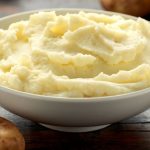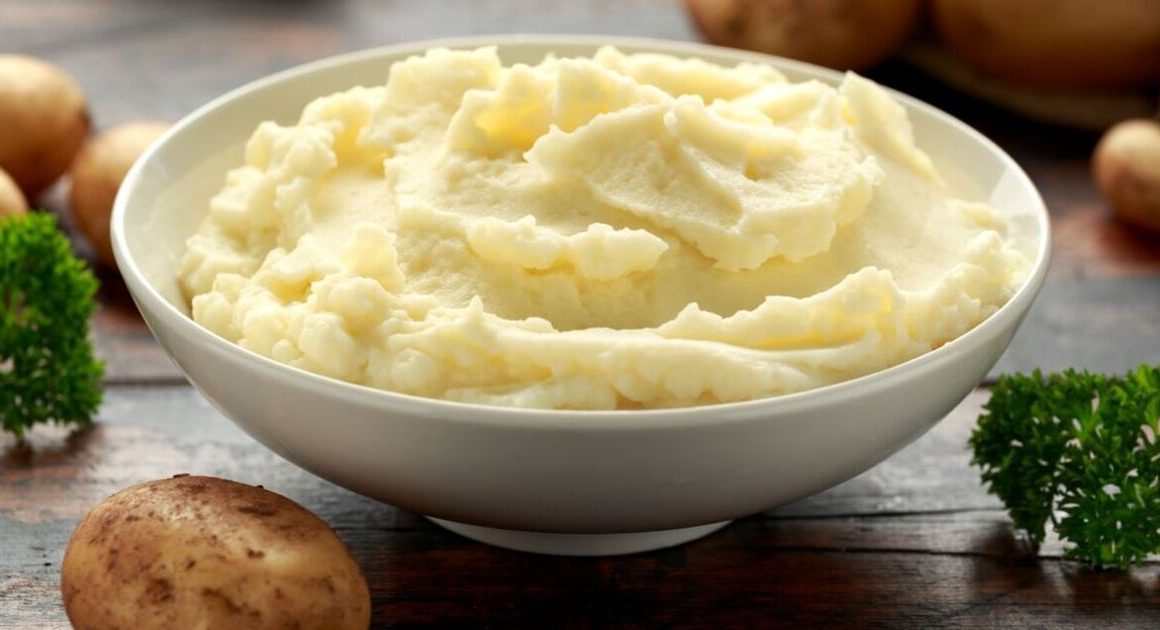Downing multiple cups of your favourite hot beverage could ramp up cholesterol levels, according to new studies. Prior research had thrown up red flags hinting that natural coffee chemicals might be linked to heightened blood cholesterol—a precursor to heart issues and strokes.
Fresh research in recent years has unveiled that not just the type of drink—whether it’s a smooth filter coffee or a robust espresso—but also consumption volume and even the gender of the imbiber can impact cholesterol levels significantly. The NHS warns that high cholesterol occurs from having too much of a fatty substance known as cholesterol in your blood.
This is predominantly due to a diet rich in fatty foods, lack of exercise, obesity, smoking, and alcohol consumption. It might also be hereditary.
According to the health service, you can reduce cholesterol by adopting a healthier diet and increasing physical activity. Some individuals may also need medications like statins.
The NHS further cautions: “Too much cholesterol can block your blood vessels. It makes you more likely to have heart problems or a stroke. High cholesterol does not usually cause symptoms. You can only find out if you have it from a blood test.”
A team of Norwegian researchers has delved into the relationship between coffee brewing methods and cholesterol levels. The study, published in the Open Heart journal, analysed data from over 21,000 individuals aged 40 and above residing in Tromso, Norway.
The findings revealed that the link between coffee and cholesterol varied based on the brewing method and showed significant differences between genders. Those who consumed three to five espressos daily were found to have significantly higher cholesterol levels compared to non-espresso drinkers.
Men drinking this amount of espresso had higher concentrations than women. Similarly, those consuming six or more cups of cafetiere coffee, also known as boiled or plunger coffee, exhibited elevated levels.
Drinking six or more cups of filtered coffee was associated with higher cholesterol levels among women, but not men. No significant link was found between instant coffee and cholesterol levels.
“The most important finding was that espresso coffee consumption was significantly associated with increased S-TC (serum total cholesterol),” the authors noted. They further added: “Espresso coffee consumption was associated with increased S-TC with significantly stronger association for men compared with women.”
“Boiled/plunger coffee was associated with increased S-TC in both sexes. Filtered coffee was associated with a small increase in S-TC in women,” the researchers revealed, cautioning about the global implications due to coffee’s popularity: “Coffee is the most frequently consumed central stimulant worldwide. Because of the high consumption of coffee, even small health effects can have considerable health consequences.”
They continued, emphasizing the need for further insight: “Increased knowledge on espresso coffee’s association with serum cholesterol will improve the recommendations regarding coffee consumption.”
Weighing in on the findings, Dr Dipender Gill from St George’s, University of London highlighted the necessity for careful analysis, noting: “The observed differences could instead be explained by confounding factors giving rise to spurious associations. Specifically, men and individuals with a preference for a certain type of coffee may happen to also have other lifestyle factors that affect their cholesterol levels.”












